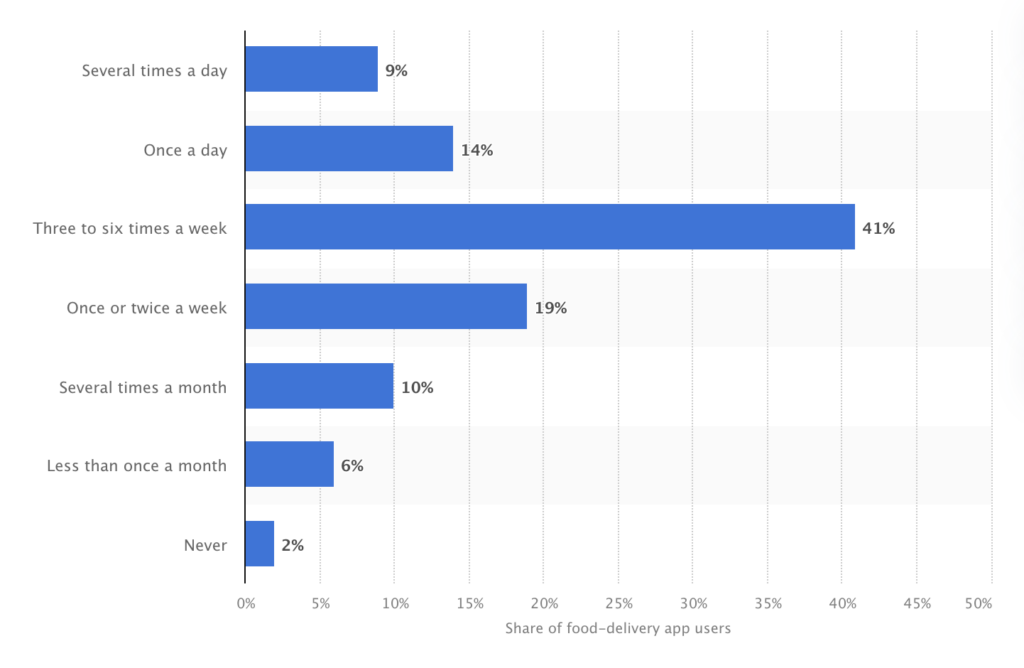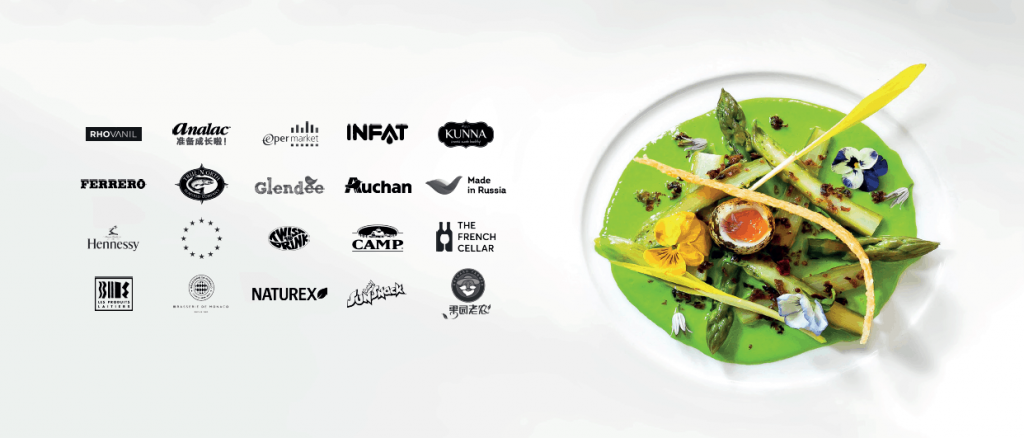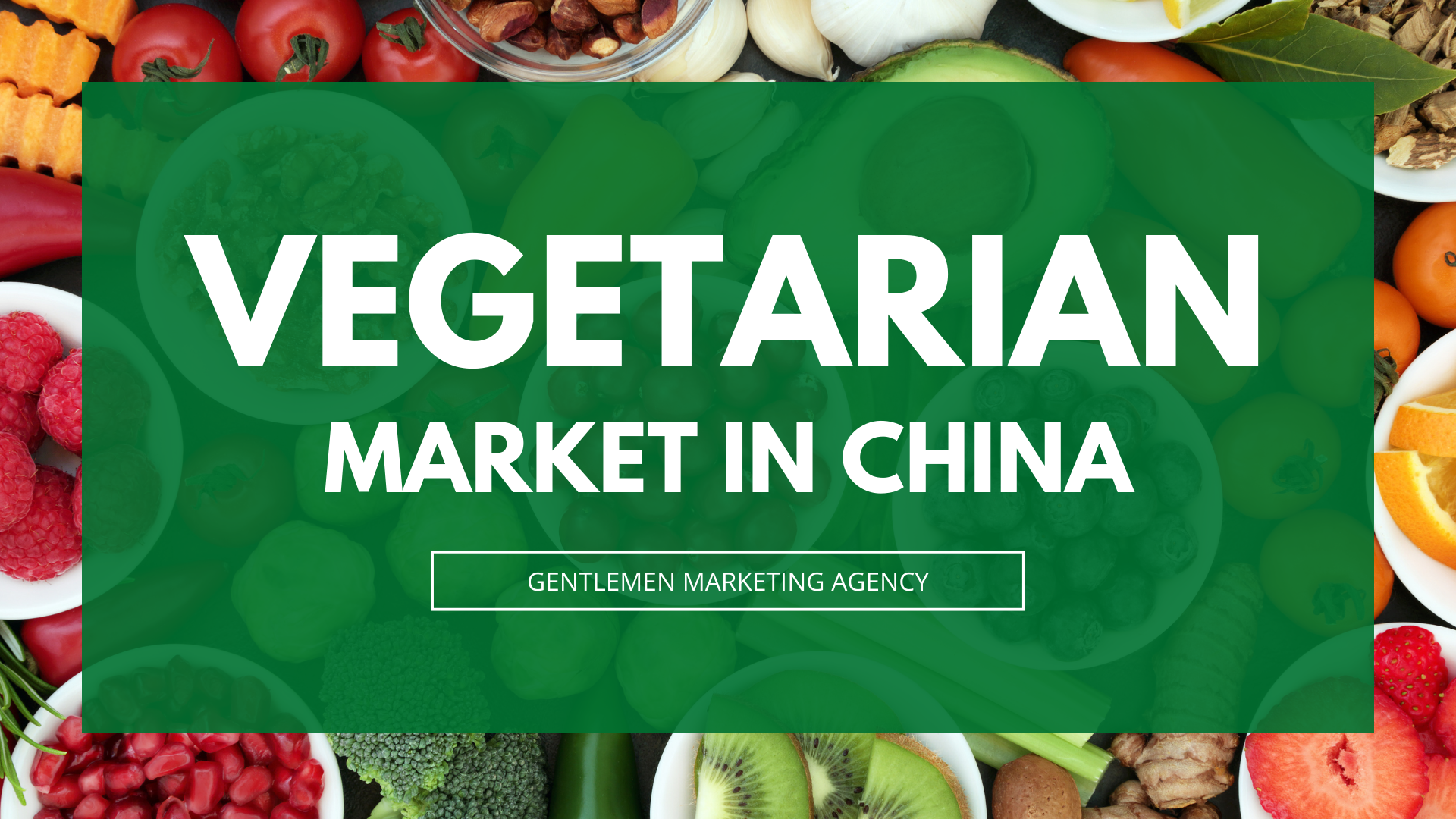Navigating China’s burgeoning vegetarian market can seem like a daunting task for foreign brands. Here’s an interesting fact: this market is projected to skyrocket to nearly US$12 billion in 2023! But don’t let these figures intimidate you.
This article aims to illuminate the current landscape and untapped opportunities within China’s rapidly evolving plant-based industry, giving you a front-row seat on this green food revolution.
Need a cost effective TP (Tmall Partner) to sell in China?
We are an Official Tmall Partner e-commerce Agency. Our Services: E-Commerce, Search Engine Optimization, Advertising, Weibo, WeChat, WeChat Store & PR.
So, are you ready to unravel the mysteries of China’s booming vegan trend?
Key Takeaways
- China’s vegetarian market is getting bigger. In 2023, it reached US$12 billion.
- China eats less meat now. This gives foreign brands a chance to sell plant-based meats there.
- As a foreign brand, you can win in China. You could make and sell organic fruits and vegetables there. Or open up vegan restaurants in big cities like Shanghai.
- The key to success is being smart online. Use social media to show off your food or run ads on popular platforms like WeChat and Weibo!
Overview of the Vegetarian Market in China
China’s vegetarian market is experiencing a surge, ignited by factors like increasing health consciousness and environmental concerns. Notably, meat consumption in the nation is on a downtrend.
An expanding middle class with greater discretionary income and health awareness fuels this shift towards plant-based diets. Euromonitor International forecasts China’s vegetarian food market to be close to US$12 billion in 2023 – demonstrating considerable growth potential of the vegetarian market.
(PS. We know that vegan and vegetarian markets are two different sectors, but as China’s vegan food market and vegetarian markets are fairly new and slowly gaining significance, they are treated as one in the majority of statistics).

However, it should be noted that while there is rapid growth, plant-based meats are still finding their footing within this vast marketplace; no singular brand holds over three percent of the current fragmented market share.
Despite these challenges, establishments like Duli and Grateful Veg are shining examples of how veganism can indeed captivate consumers in bustling cities such as Shanghai; an encouraging indicator for foreign brands eyeing this burgeoning landscape riddled with opportunities!
Decreasing meat consumption in China
China is eating less meat. In 2016, people got new diet rules. It was said to eat less meat for your health by the Chinese government. Today, almost 40% of folks in China are having fewer meals with meat. This change opens a big door to selling plant-based meats from foreign brands in the Chinese market! The CEO of Eat Just thinks that by 2030 most eggs, chicken, and pork will come from plants, not animals.
More Chinese are joining the global shift away from meat towards veggies and fruits. Due to problems with high carbon emissions and other environmental and health concerns, the Chinese government is promoting plant-based alternatives, that in fact have been popular in Chinese cuisine since ever. China was once a very plant-based country and now some Chinese people are trying to go back to the roots.
Health concerns and ethical beliefs
Like many worldwide, Chinese consumers are increasingly choosing plant-based foods due to health concerns linked to high meat consumption. Research indicates that those on a plant-based diet face fewer issues with high blood pressure and obesity, which is crucial since China is grappling with rising obesity, particularly among the youth.

Many in China are Buddhists or incorporate its teachings into their lives. A core principle of Buddhism is consuming plant-based foods, with Buddhist monks often seen as health exemplars. Due to China’s significant Buddhist population, there’s a growing trend towards vegetarianism and veganism, inspired by these principles. Consequently, dishes like “Buddha bowls,” emblematic of Buddhist vegetarian cuisine, are viewed as healthy choices.
Sustainable Food Choices in China
China houses a significant portion of the global population but possesses only 7% of the world’s arable land. Plant-based proteins, needing less land than meat and dairy, present a more efficient food source for China.
Moreover, the Chinese government aims to cut meat consumption by 50% due to the environmental harm from animal agriculture. As part of their carbon emission reduction efforts, there’s a push to decrease meat and dairy production.
China’s Shift to Plant-Based Alternatives Amidst Food Concerns
China frequently faces food security issues, with numerous scandals highlighted in the media. One notable example was the COVID outbreak, traced back to a wet market, often considered hubs for bacteria and diseases. Many such concerns arise from the meat sector, prompting a shift among Chinese consumers towards a plant-based market.
Additionally, a growing number of individuals are choosing plant-based options due to ethical concerns. Given the limited animal rights protections in Chinese law, concerns over meat production’s cruelty are driving this change.

Opportunities for Foreign Brands in the Vegetarian Market
In China’s burgeoning vegetarian market, foreign brands have a unique chance to thrive. Organic fruit and vegetable producers can appeal to the Chinese consumer’s growing health consciousness.
Restaurants offering diverse vegetarian and vegan options are finding their niche in this boom. Suppliers of plant-based meat alternatives and other vegetarian ingredients also have a big role to play in serving this expanding food industry demand.
Organic fruit and vegetable producers
China is in its initial stages of adopting a healthier diet, with limited awareness about harmful pesticides and toxic products in agriculture. Unlike the West, Chinese consumers are still warming up to ‘organic’ labels. Yet, numerous food safety scandals have made consumers more discerning about their food choices. In 2021, organic food sales surged to approximately 521.86 billion yuan, signaling a growing market and potential for organic producers.
A contributing factor to this rise is the expansion of grocery delivery services by giants like Alibaba, Tencent, and Pinduoduo. Banking on consumer trust, these platforms are partnering with trusted local and international organic producers.

Restaurants with vegetarian/vegan options
In China, more people want to eat plant-based meals. They turn to restaurants with good vegetarian and vegan options. As a foreign brand, this is where you can grow. So far, restaurants with vegetarian options and plant-based meat substitutes are popular in big cities, like Beijing, Shenzhen, or Shanghai, but as the market is growing, you can also aim for second-tier cities.
The key here is variety – more veggie-friendly choices mean happier customers who keep coming back for more!
It’s not enough just to have the right foods on the plates though. A strong online presence is vital too – think reviews and ratings on top sites like Dazhong Dianping (China’s Yelp!).

Plant-based meat and vegetarian ingredient suppliers
China’s plant-based meat market is booming. That means big chances for foreign brands who make these types of goods. They can sell a lot in China now. Brands like Beyond Meat, which makes vegan burgers, are already doing well here.
There’s also room for more growth in the future!
Ready-to-eat plant-based meals
As lifestyles accelerate, there’s a growing demand for quick, convenient meals, including among those on a plant-based diet. A prime opportunity in China’s vegan and plant-based meat sector lies in ready-to-eat or frozen ‘to-go’ dishes.
Carrefour, the French retail giant, is tapping into this trend with its “Carrefour Veggie” line, offering a diverse range of products from soy dumplings to wheat-based meat imitations.
Furthermore, collaborations between companies and eateries are expanding plant-based options. For instance, Oatly, a plant-based milk brand, teamed up with Dal Cuore to launch vegan ice cream.

Strategies to Enter and Succeed in China’s Vegetarian Market
Mastering the Chinese vegetarian market involves strategic moves like partnering with local distributors, offering home delivery services, establishing a strong online footprint, and promoting your brand smartly through Chinese social media platforms.
Can’t wait to learn more? Dive in!
Find distributors for plant-based products
To get into the China vegetarian market, finding distributors for plant-based products is a must. Here are some steps to do this:
- Learn more about what local consumers in China like and want.
- Look at the kinds of vegan food that are selling well.
- Find out who sells these popular foods.
- Make a list of possible distributors.
- Start talks with these distributors about your plant – based products.
- Do some checks on each distributor to see if they are good to work with.
- Choose the best distributor for your brand.
Offer home delivery
I found that home delivery works well in the Chinese vegetarian market. People enjoy having fresh, healthy food brought to their door. This strategy saves them time and effort.
Many consumers in China order groceries online too. Companies can tap into this trend by sending plant-based products right to shoppers’ homes. It’s a sure way to win their hearts and boost sales!
Here is an interesting survey on how often do Chinese people use food delivery apps:

Build a strong online presence and reputation
Building a strong online image is vital for success in China’s vegetarian market. Start by creating an easy-to-navigate website that showcases your brand and products. Posting photos or videos of your items can highlight their quality and appeal. Earning trust is essential to sway any unsure customers.
It’s beneficial to optimize your content for Baidu search, as it’s the leading search engine in China. Participating in Chinese forums and food applications can further establish your brand’s presence and credibility. Responding promptly to user queries and feedback, especially on these platforms, is also key, as Chinese shoppers appreciate when brands interact directly with them. Always stay updated with the fast-paced digital trends to remain relevant.
Leverage social media platforms for promotion
Boosting your brand on Chinese social media is a must. Leveraging popular social media sites is crucial for any brand looking to establish its footprint. Imagine hosting a live-stream event where you bring the charm and flavors of your vegetarian products right into someone’s device screen. It’s an experience, an interaction, and most importantly, a memory they associate with your brand.

But, as any savvy marketer will tell you, it’s not just about the platforms—it’s about the people. Key Opinion Leaders (or influencers, as they’re widely known) have become the pulse of Chinese digital culture. Partnering with them isn’t just about visibility; it’s about credibility. When they talk, people listen, and when they rave about your vegetarian dish, you’re on the map!
Now, while all this is happening, remember to let your love for Chinese culture shine through in your engagements. When locals see that you genuinely respect and embrace their culture, it’s not just business anymore—it’s a bond.
Paid ads, while traditional, remain a potent tool in the arsenal. A well-crafted ad can stir cravings, curiosities, and ultimately, conversions. But don’t just stop at promoting products. Share stories. The joy of a customer biting into your vegetarian delight is not just a testimonial—it’s a narrative that resonates.
Dive deep into innovative promotions or contests; think of them as virtual events that keep the audience hooked. Always keep an ear to the ground and track user reactions. This feedback isn’t just data—it’s the voice of your audience.
As we talk about platforms, it’s hard to overlook the giants of e-commerce. They’re not just sales platforms but grand stages where products become stars.

Learn from local vegetarian and vegan initiatives
Navigating China’s vegetarian and vegan landscape offers invaluable insights. Brands like Duli and Grateful Veg have proven that vegan products can thrive in urban areas like Shanghai. It’s intriguing to note the widespread demand for animal-free foods, even beyond self-proclaimed vegans or vegetarians. This broad appeal is further reflected in the fact that 86.7% of Chinese consumers enjoy plant-based meats, highlighting potential avenues for our brand.
The China Vegan Society is setting benchmarks with their vegan-friendly labels, presenting an opportunity for our brand to differentiate itself. Industry pioneers like Good Catch, with their vegetarian seafood, showcase the sector’s immense potential.
Moreover, the rising inclination away from meat, fueled by concerns about climate change and food safety, signifies a deeper societal shift. Today in China, veganism represents a conscious commitment to health and the environment.
Unlock the Vegetarian Market in China with Gentlemen Marketing Agency
While the vegetarian market in China presents myriad opportunities for foreign brands, unlocking its full potential requires a deep understanding of local trends, consumer preferences, and effective marketing strategies. This is where the Gentlemen Marketing Agency comes in.
With years of experience and a proven track record in China’s dynamic market landscape, our agency specializes in guiding foreign brands to success. Our expertise lies not just in understanding the vegetarian niche but in tailor-making strategies that resonate with the Chinese audience.

Why Choose Us?
- Local Expertise: Our on-ground team in China keeps us updated with real-time trends, ensuring your brand is always ahead of the curve.
- Strategic Partnerships: We’ve built strong relationships with local influencers, platforms, and key stakeholders that can amplify your brand’s presence.
- End-to-End Services: From market research and brand positioning to campaign execution and post-launch analysis, we offer comprehensive solutions.
- Success Stories: Numerous international brands have achieved remarkable success in China, thanks to our innovative strategies and hands-on approach.
Join hands with the Gentlemen Marketing Agency, and let us pave the way for your brand’s success in China’s burgeoning vegetarian market. Because with us, you’re not just entering a market – you’re making a mark. Connect with us today!








